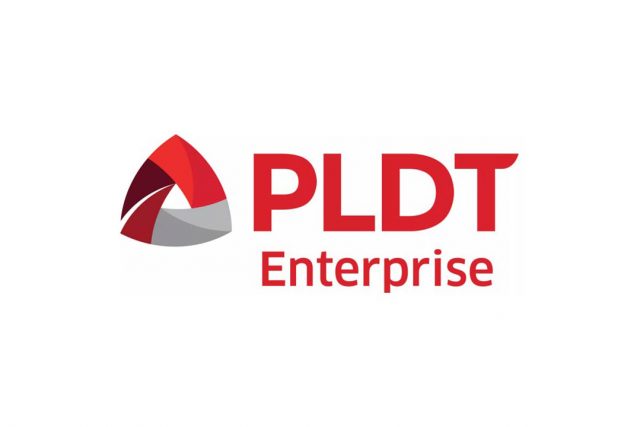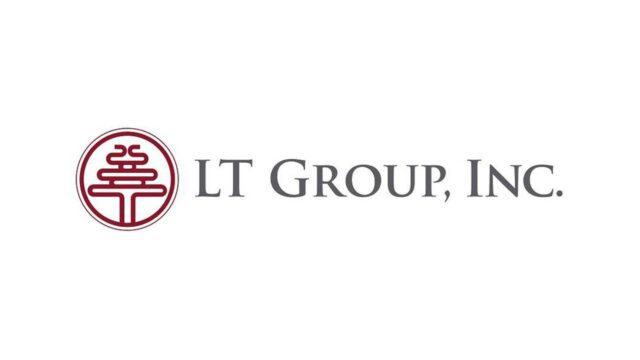IN A WORLD riven by great-power conflict, economic decoupling, high inflation, and worries that the interests of capital are being put ahead of workers, an obvious enemy can emerge: technology. The best way to preserve the status quo is to destroy the machinery that promises a change to existing ways.
That was the thinking of the Luddites, a movement of textile workers in early 19th century England. Discomfited by the trade embargoes and financial crisis of the Napoleonic wars, they smashed up powered looms and weaving frames, hoping to slow the tide of innovation they saw as undercutting their livelihoods.
It’s an example with worrying parallels to the present. China’s widening lead in clean technology, coupled with its vast trade surplus and Beijing’s desire to export its way out of a domestic slump, are combining with faltering efforts on decarbonization in developed countries to produce a toxic mix.
If green technology such as electric vehicles (EVs), solar panels, and home batteries gets badged as foreign and threatening and finds itself excluded via laws and tariff policies, then drastically falling costs aren’t going to be enough to get it into the hands of consumers. Spurious national security and industrial policy concerns will be sufficient to banish it.
We’re already seeing evidence of this on multiple continents. Local content requirements and tariff barriers on solar panels, designed to build up domestic manufacturing industries, have operated in many places (including India, the US, South Africa, and Indonesia) as soft bans that have pushed up costs, slowed deployments, and favored incumbent fossil-fired power generation and emissions.
The European Union, which doesn’t impose tariffs on photovoltaic imports, installed nearly twice as much solar last year as the US, and more than seven times as much as India, despite weather that’s far less suited for the technology.
Electric vehicles look like being the next front in this conflict. China’s shift from one of the world’s biggest car importers to among its biggest exporters has troubled its trading partners. Most of the export drive to date has come from conventional automobiles, but China’s innovative technological edge in EVs has put electric models in the spotlight.
So far, the outrage has been fairly muted. Tariffs of 25% imposed under the Trump administration mean that few Chinese vehicles appear on US roads anyway, and in Europe they’re still not a dominant presence. Nonetheless, Brussels last October announced an investigation into whether Chinese cars had benefited from unfair subsidies, and the White House last month started an inquiry into Chinese technology in “connected vehicles,” a category that sweeps in electric cars as well as many conventional ones.
With European and US automakers slowing their decarbonization targets and slumping prices for battery metals likely to push Chinese EVs well below the cost of conventional cars, the perceived threat of cheaper, cleaner, better imported automobiles will only grow.
“Imagine if there were thousands or hundreds of thousands of Chinese-connected vehicles on American roads that could be immediately and simultaneously disabled by somebody in Beijing,” US Commerce Secretary Gina Raimondo said in February.
That Red Dawn scenario seems weirdly fixated on cars, when you consider about 60% of the sensor-packed mobile phones the US imported over the past decade were made in China, rising to about 90% when if you include those produced in Mexico and Southeast Asian countries that are typically used as backdoor trade routes.*
This trajectory could grow a good deal darker if elections this year replace the centrist administrations of presidents Ursula von der Leyen in Brussels and Joe Biden in Washington with more nativist and protectionist politicians. As we’ve seen in Japan, South Africa, and India, minor tweaks to obscure regulations can be remarkably effective at stopping clean technology in its tracks.
That suggests there’s still scope for right-wing populists to try out more draconian anti-green legislation than the largely rhetorical opposition practiced by the Trump administration and UK Prime Minister Rishi Sunak.
Both sides of the trade conflict can do things to avert this fate.
Developed countries need to clear red tape standing in the way of their ambitious decarbonization plans and offer further support for green-technology demand. Manufacturers quite reasonably suspect that decarbonization targets will be abandoned when the going gets tough, so don’t invest as aggressively as Chinese competitors convinced, they have the state’s backing. The result is ever-growing Chinese dominance.
They also need to remember that what they have right now is not energy security. Raimondo’s nightmare vision of foreign authoritarians playing havoc with transport networks doesn’t need secret kill switches. Petroleum exporters already have enough sway in energy markets to raise costs on industries and households to devastating levels. Beijing can’t stop the sun from shining on Chinese-made solar panels in Germany — but Moscow really did cut the flow of gas to Europe.
China, for its part, needs to recognize that it can’t export its way out of its current economic troubles — and that attempts to do so will only accelerate the protectionist currents growing stronger by the day in its trading partners. A push toward more household consumption, rather than another export boom, is the best way to rebalance its economy.
To confront the common global challenge of a warming planet, every part of the world needs to work in unison. An acceleration in trade wars will only slow our path to zero.
BLOOMBERG OPINION
*It makes a lot more sense given that there is no longer a US handset-manufacturing industry that’s threatened by this trade, whereas affordable Chinese EVs represent a real potential threat to US autoworkers.












